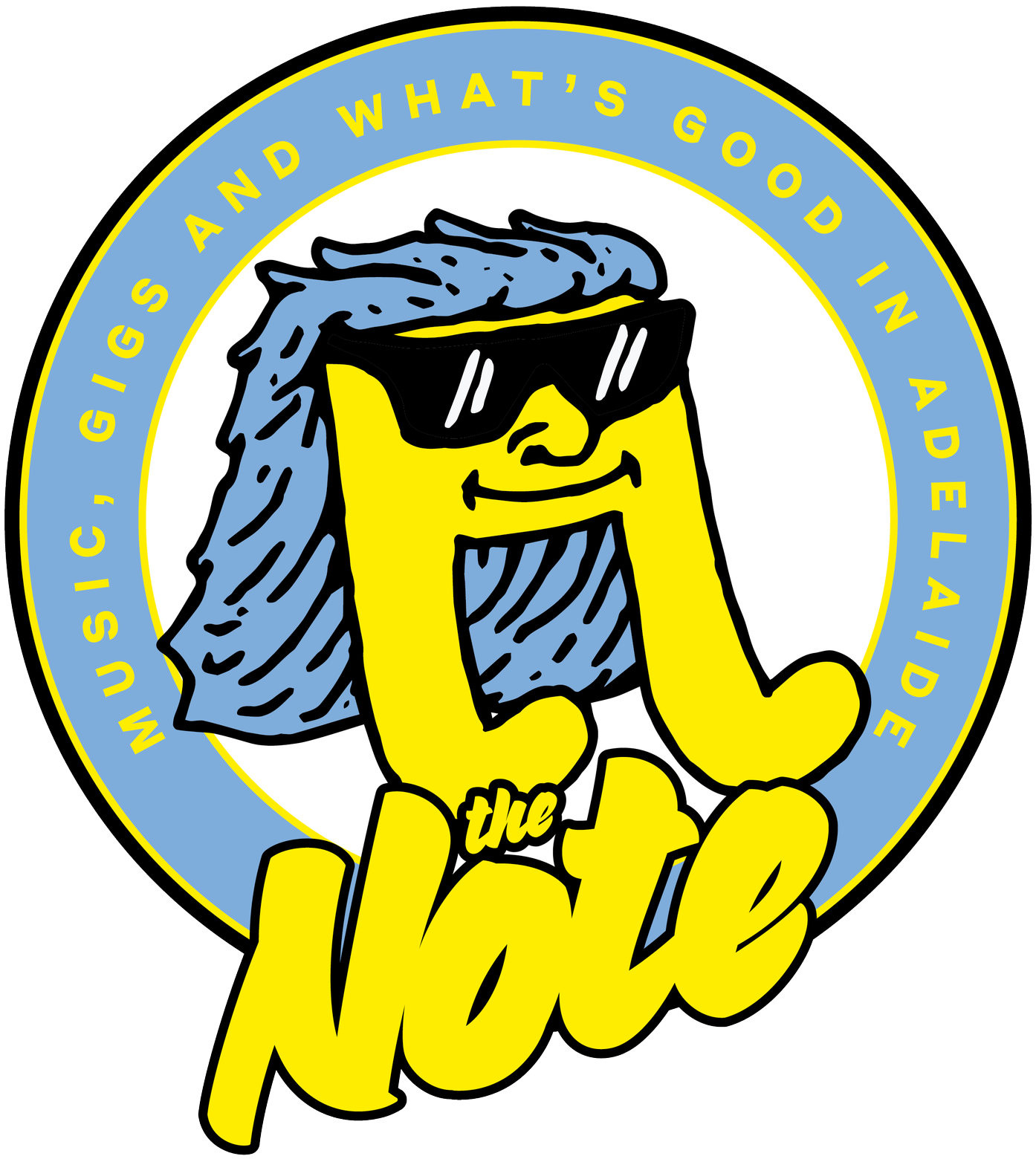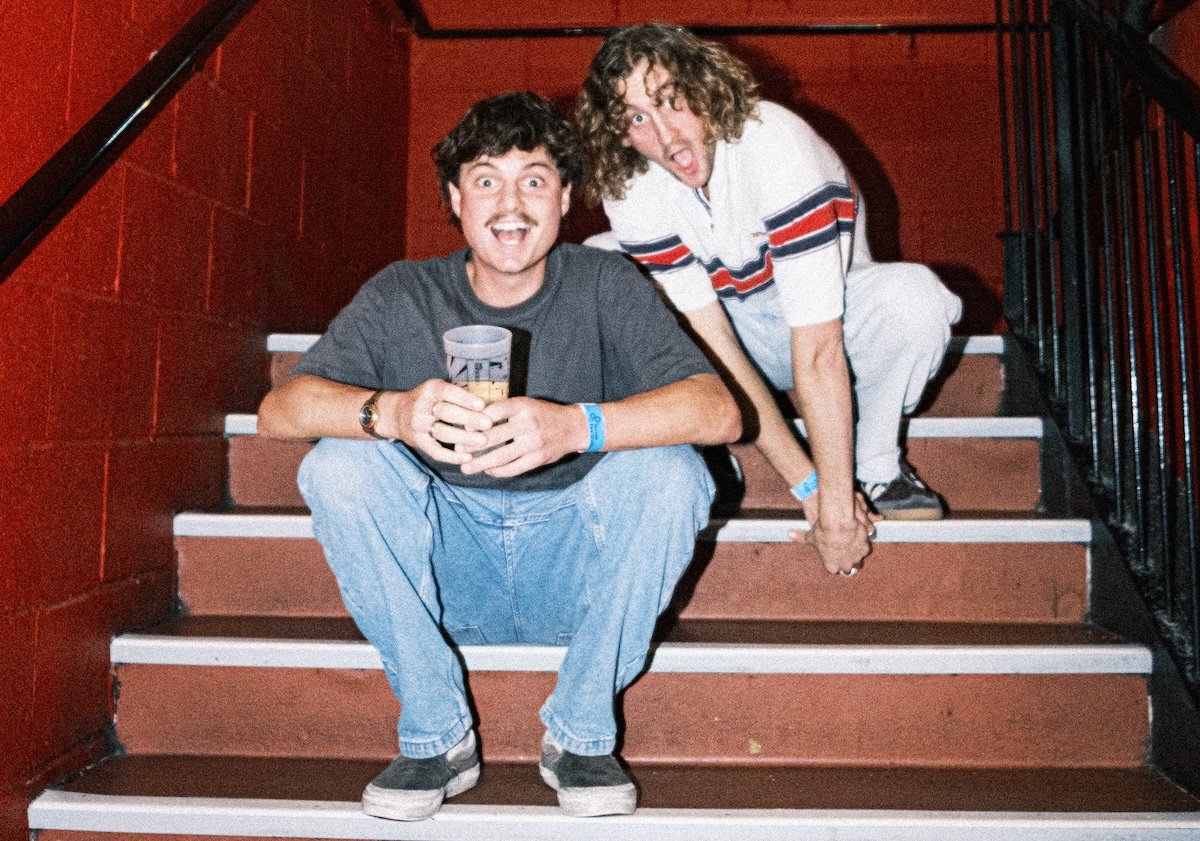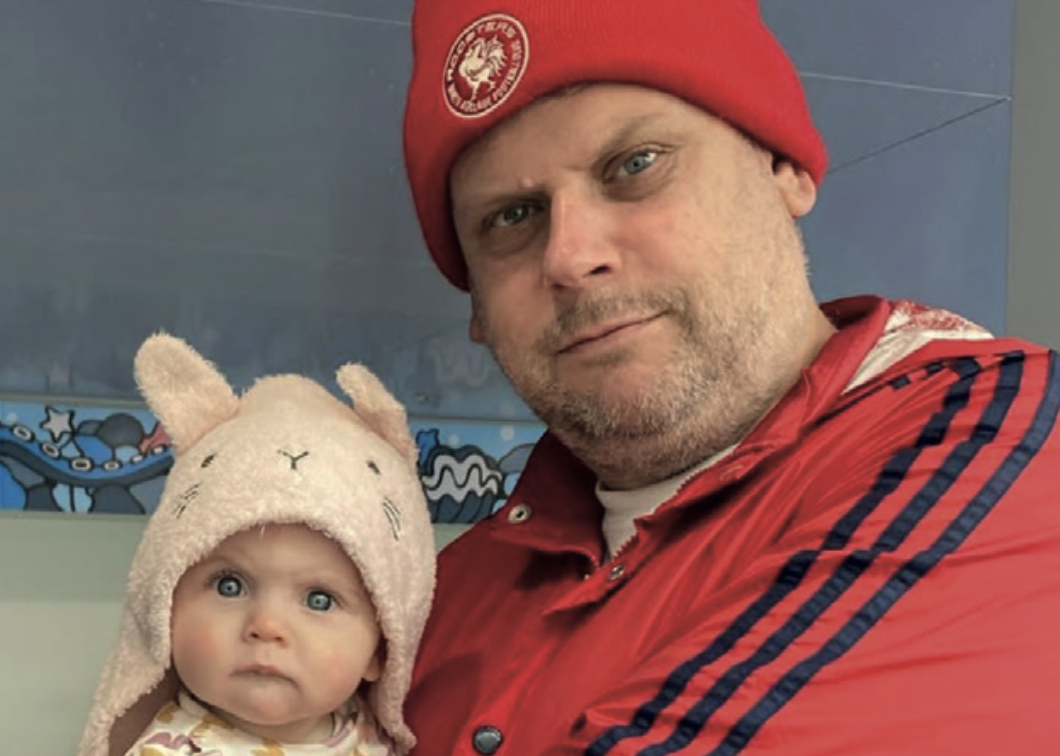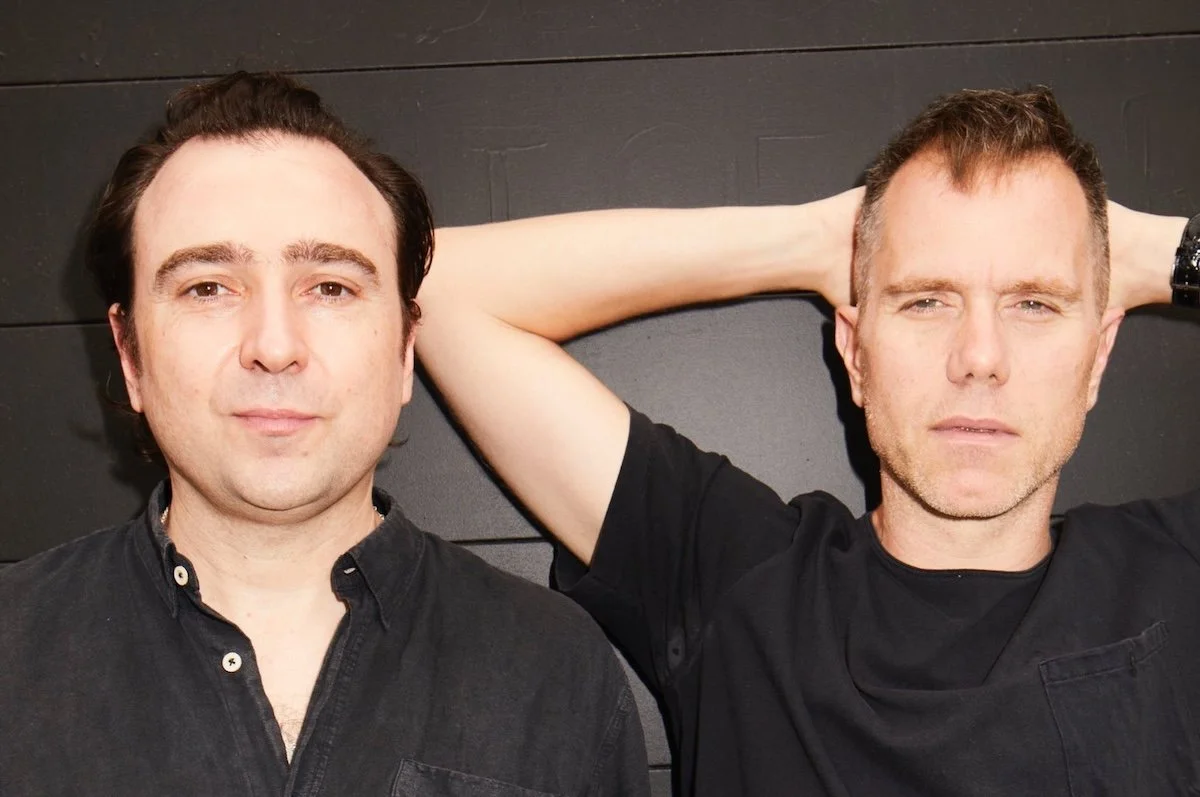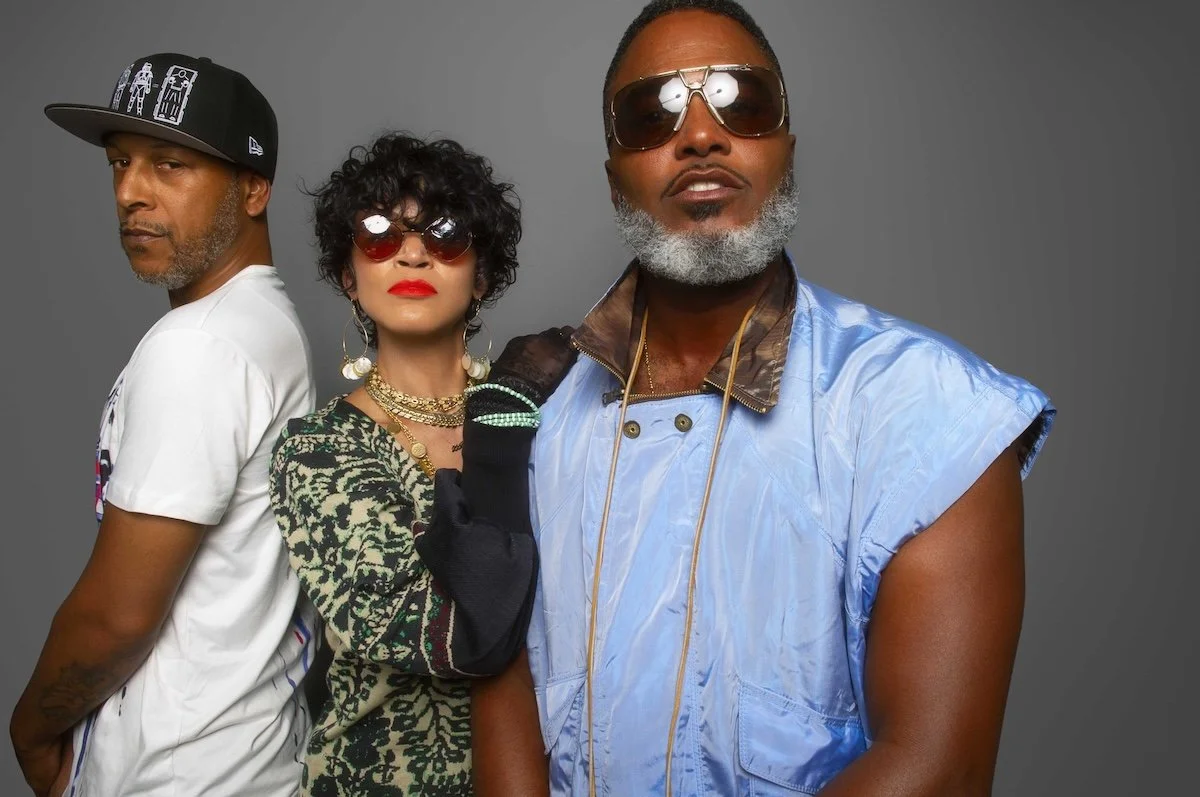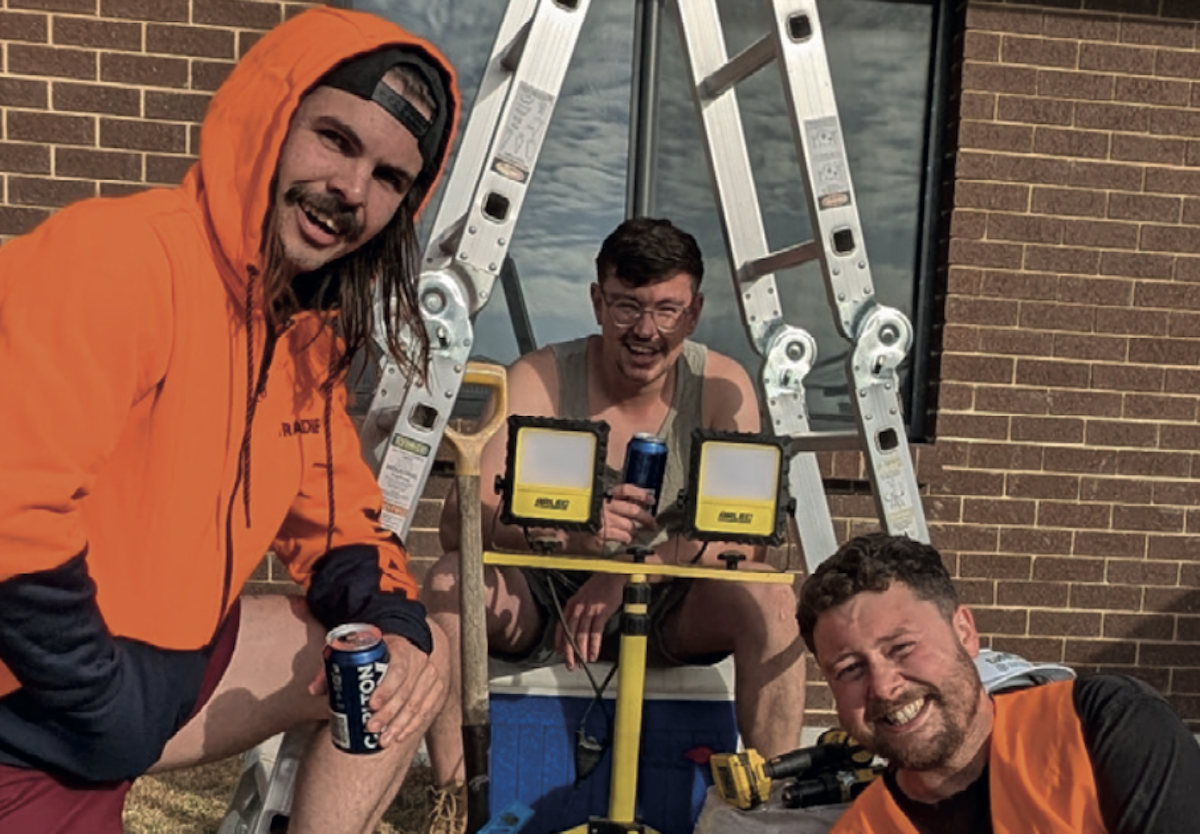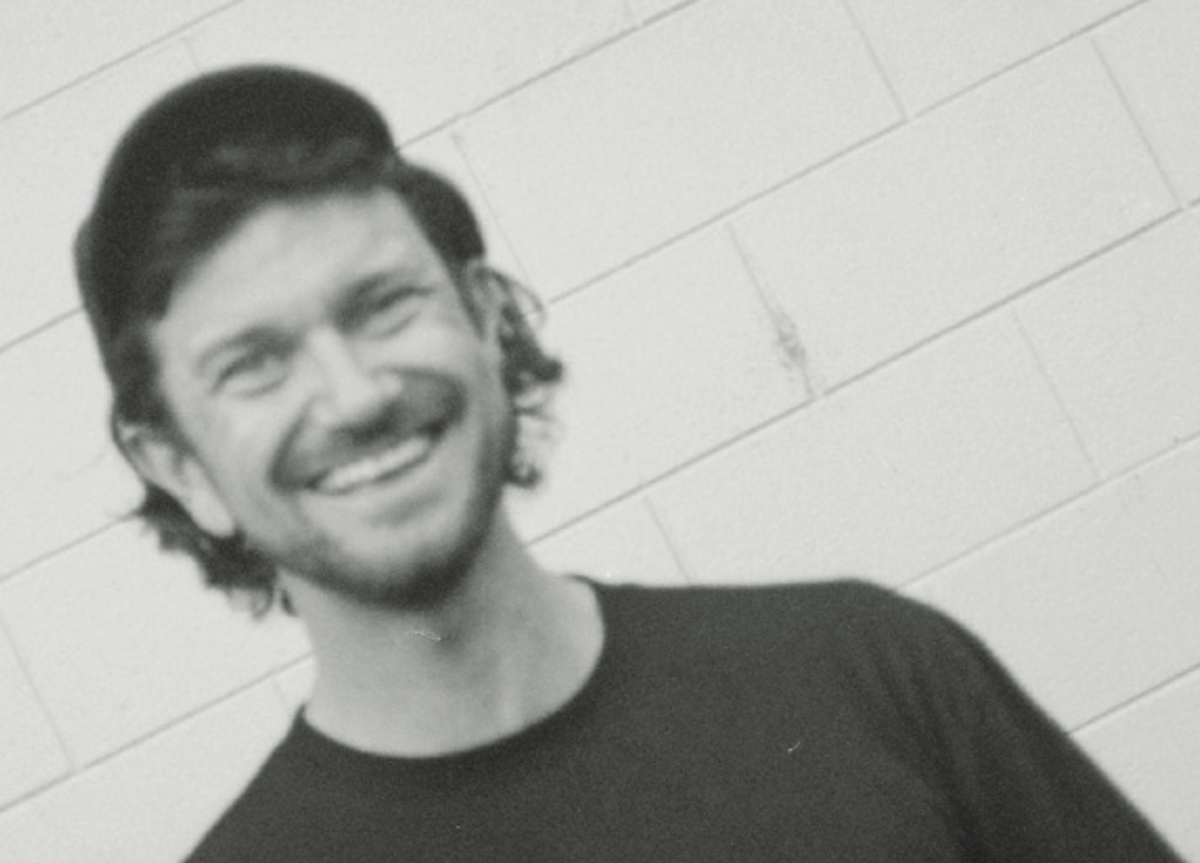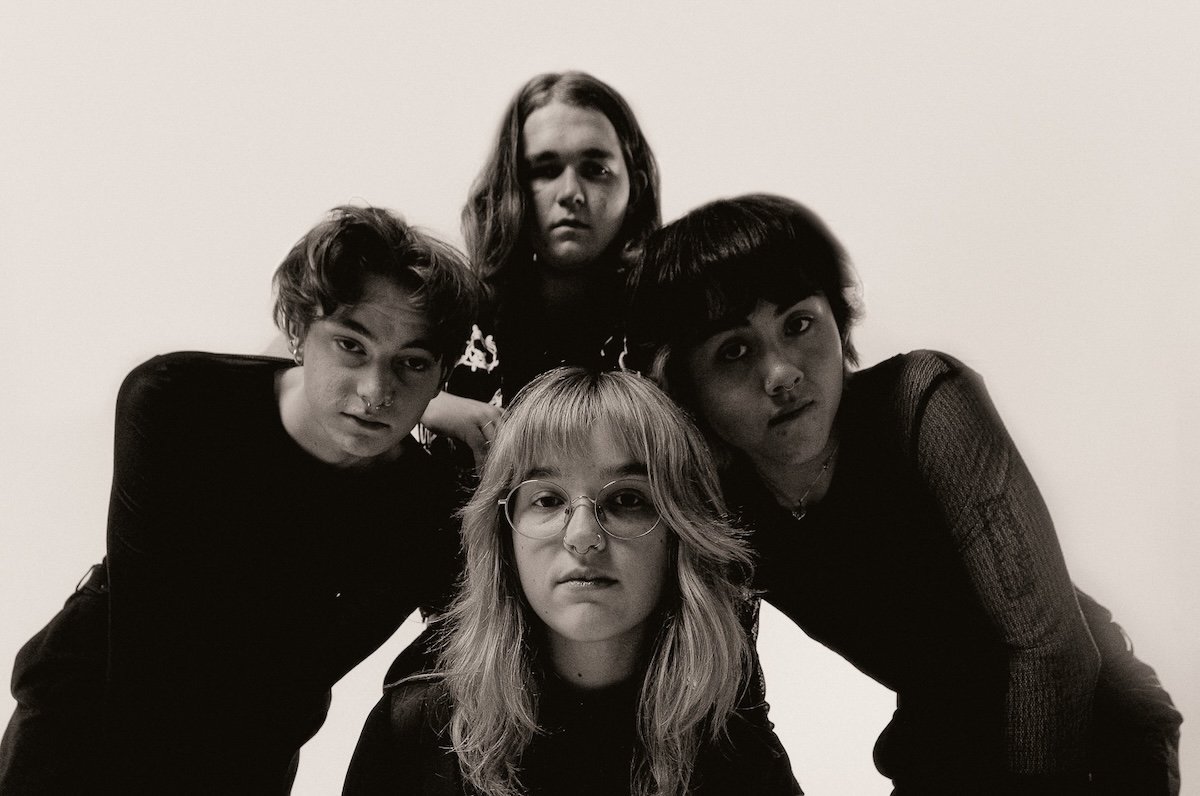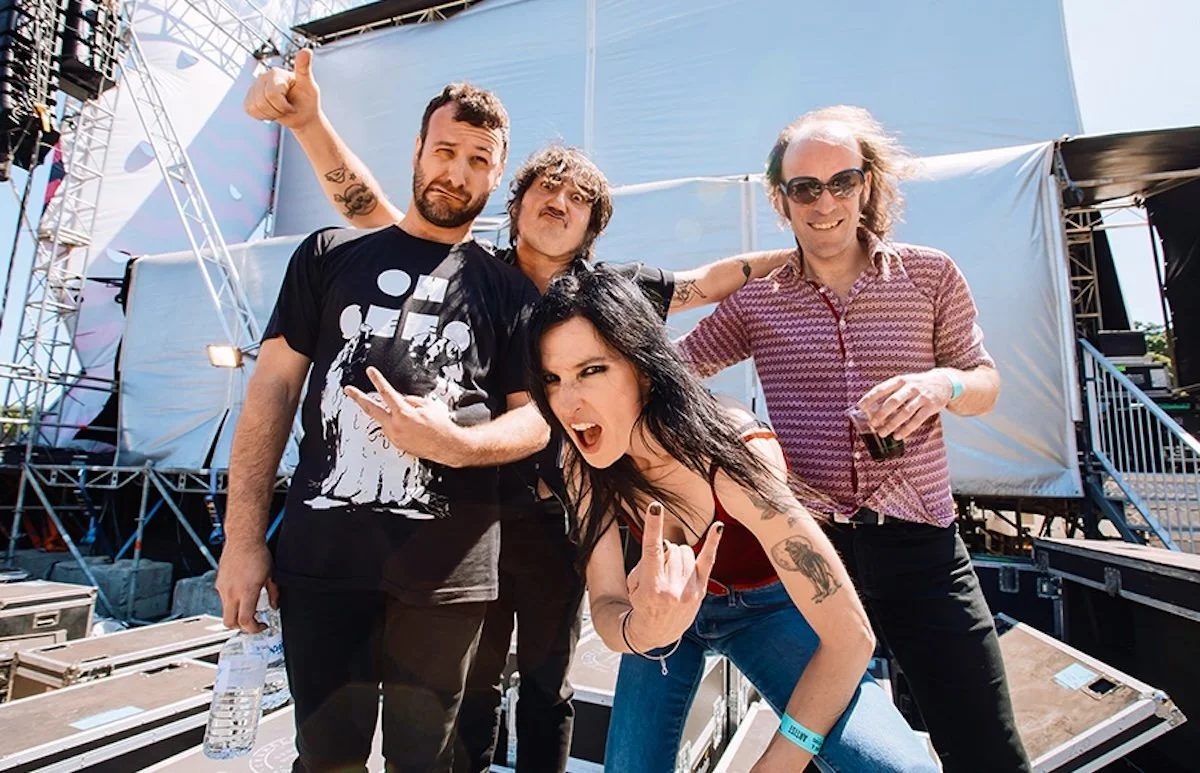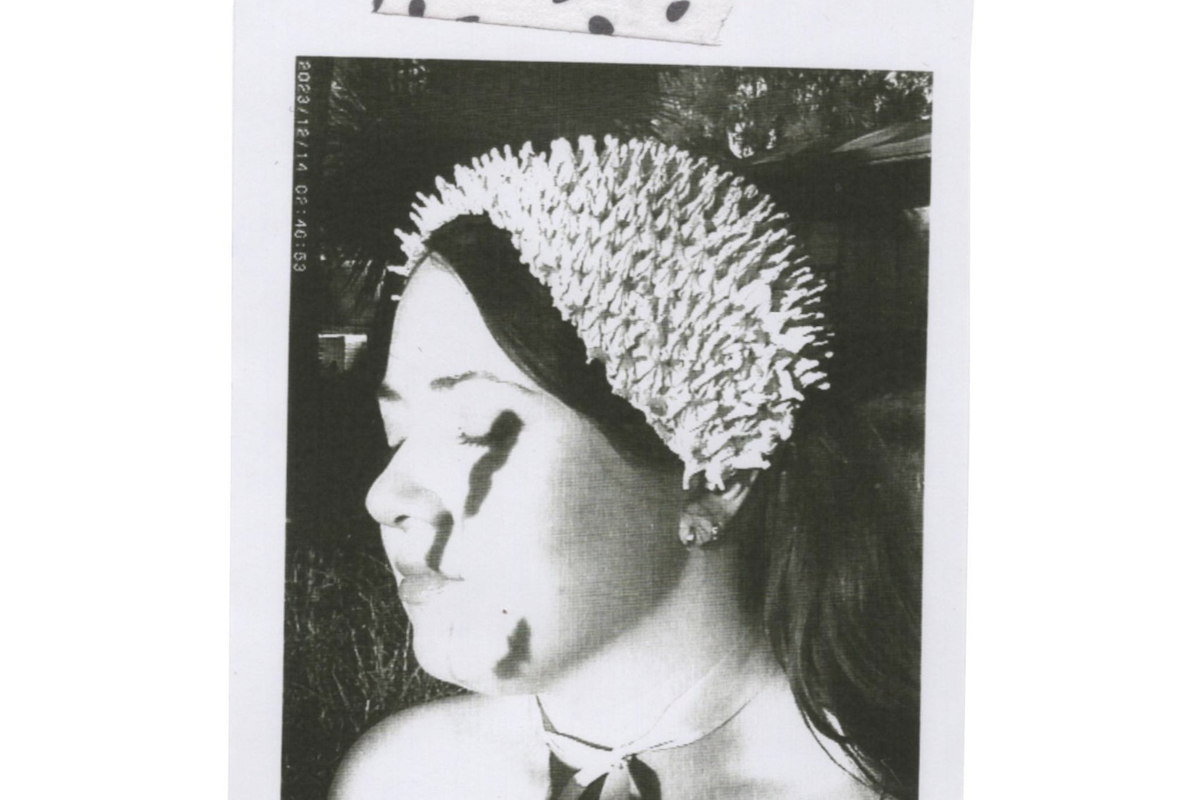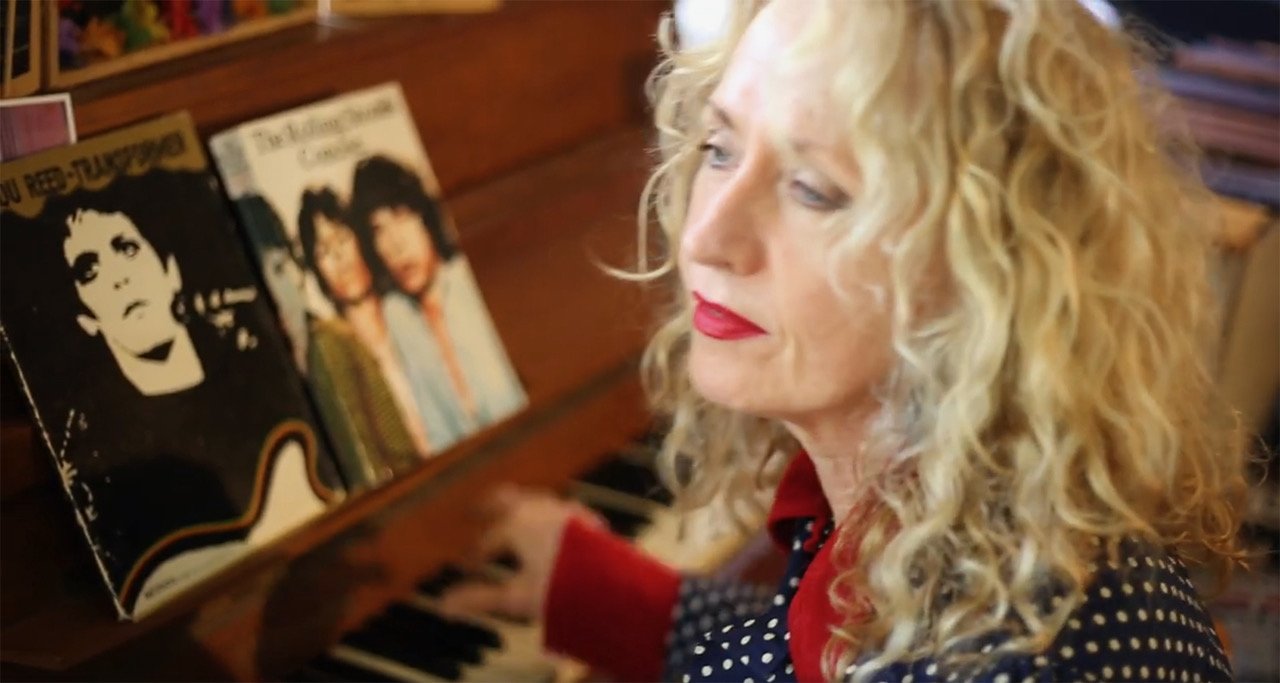Arise, Kween Kong!
In 2022, Kween Kong became drag royalty when she competed in RuPaul’s Drag Race Down Under. Now she has a new role – ambassador for the Adelaide fringe. She talks to The Note about doing her duty to the arts, to the queer community and to making the world more equitable.
Image by Jason Winston
The Southern Hemisphere’s greatest party and largest arts festival has appointed you as one of their ambassadors. What sort of skills have you had to call on?
Adelaide Fringe Festival is actually one of my favourite spaces on the planet – I don’t have to call on any skills because it’s like I’m coming home. If anything, I can relax this year and not do the 100 million shows I normally do!
How many Fringes have you performed at now?
Nine Adelaide Fringes across the years. I did 108 shows
in the 2022 season – which averages like seven shows, sometimes eight shows a day. Some of our shows started at 10:30 in the morning – and that’s after finishing at four in the morning at The Kaye Hole!
As a performer, what are your secrets to a successful Fringe season?
Do everything! People only know about you if you over- saturate them. I think one of the amazing things about Adelaide Fringe is its accessibility – you have so many superstar artists in one space looking for people in their line-up of shows to showcase. The secret is to ignore all human instincts to rest, and hustle. In the immortal words of Lady Gaga: “another club, another club, another club, no sleep, another club”.
What can we expect from the B.A.Bz World Tour in this year’s Fringe?
B.A.Bz World Tour is going to be camp, fun and lots of theatrics. You’re going to see the best of the best in terms of drag Down Under – plus you’ve got the top three finalists and the current Drag Race winner, Spankie Jackzon. There’s lots of things Drag Race audiences would never see in a traditional drag show in the club at two in the morning with their vodka tonic...
You grew up in Auckland but have called Adelaide home since 2013. Was that an easy move to make?
I moved to Adelaide because I got work with the Australian Dance Theatre and it quickly became home. The move was pretty easy – we were touring probably seven months of the year, so Adelaide was a place for moments of rest and creative development. I actually loved Adelaide for how quiet it was. I found a really beautiful sense of community here – and also a beautiful queer community, that I feel like I helped build.
You come from a strong line of talking chiefs (Tulafale) and attribute your strength to the powerful Pasifika women in your life. How does your Samoan-Tongan heritage influence the world of Kween Kong.
If you watched Drag Race, you would’ve heard me champion my heritage as a Samoan-Tongan person. Everything I do is based on an awareness of where
I’ve come from, and who I come from – so I speak, not necessarily just as an individual, but as a collective. I stand in front of a line of ancestors who use me as a mouthpiece. It gives my drag importance, and it also gives it an air of royalty. That’s why I’m queen. It influences everything I do, all the decisions that I make and also my purpose on the planet – which is to create ethical, equitable and equal practice for people who work with me, under me, for me.
We loved you in RuPaul’s Drag Race Down Under. What has the show done for you?
It was such an eye-opening experience and a whirlwind.
I walked in with all the expectations of the world on my shoulders because most of these queens had watched me online or seen me on stage where I am a monster. I was going through a lot with my mental health – and the show really brought out some things I couldn’t ignore. [But] I think the beautiful thing about that process was that I didn’t rush, I took my time. And as much as I didn’t get the crown at the end, I have had all the bookings!
You had some awesome special guests on Season 2 of Drag Race. Any standout encounters?
Lucy Lawless! Because I am definitely a warrior queen – and I love to tumble because of Xena, Warrior Princess! Meeting her was really one of those moments that stuck with me. She absolutely adored me and held some space for me on that episode when I was at the bottom.
You were the first Pasifika contestant on RuPaul’s Drag Race Down Under and you’ve previously spoken on the need for more representation of BIPOC people within the drag community. Why do you think activism goes hand-in- hand with performance?
I was one of few brown queens in South Australia – especially during my time coming up in drag. When you don’t see yourself represented, you don’t feel like it’s a possibility to achieve. So I naturally occupy spaces and work under the premise of leading by example. My activism goes hand-in-hand with performance because it’s a message that I know is shared, and represents a collective mindset of people wanting to have space – and share space. It’s just our ideology around sharing – and comes inherently from Indigenous people of colour.
You also started the year with a bang, performing with Nelly Furtado at Beyond The Valley in front of 30,000. That’s a pretty cool gig... tell us more about performing on stage with such an adored icon.
Nelly Furtado was one of the most humble people. She was so generous with her energy and very calming. She really made me feel welcome and loved and very appreciated. So it was definitely one of those things I could tick off my bucket list. I was excited to be able to work with her, and I’m excited to work with her again, because something’s coming up...
Can you tell us about the Haus of Kong?
Haus of Kong is a collective I started to create safe spaces for people of the queer community in South Australia. That’s always been a calling for me, because I’m naturally maternal. It’s important to make people feel loved and valued, because we don’t all necessarily come from environments where that is a reality. The least I can do is affirm young people, especially in their formative years when they’re discovering their queerness, just to hold space and be secure for them.
Fringe is often perceived as a place for ‘out-there’ entertainment and comedy. But it often has serious things to say – as indeed do you. Can you talk to that?
It’s a festival that has pioneered and also championed artists. All art is valid [and] art is supposed to talk to the times. I think the beautiful thing about Fringe is lots of artists across this festival operate on that premise and use their platforms to speak on things that are really uncomfortable, and to challenge people. To be honest, if art isn’t challenging, or art isn’t making you consider or reconsider your perspective, then it’s just a bunch of wank.
